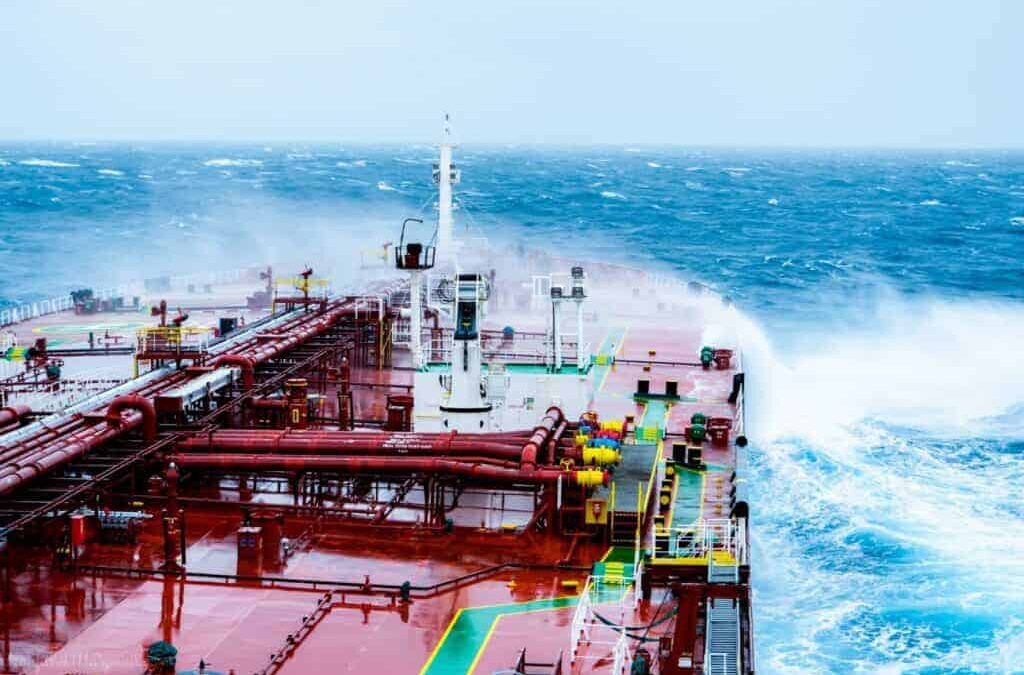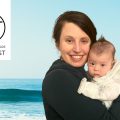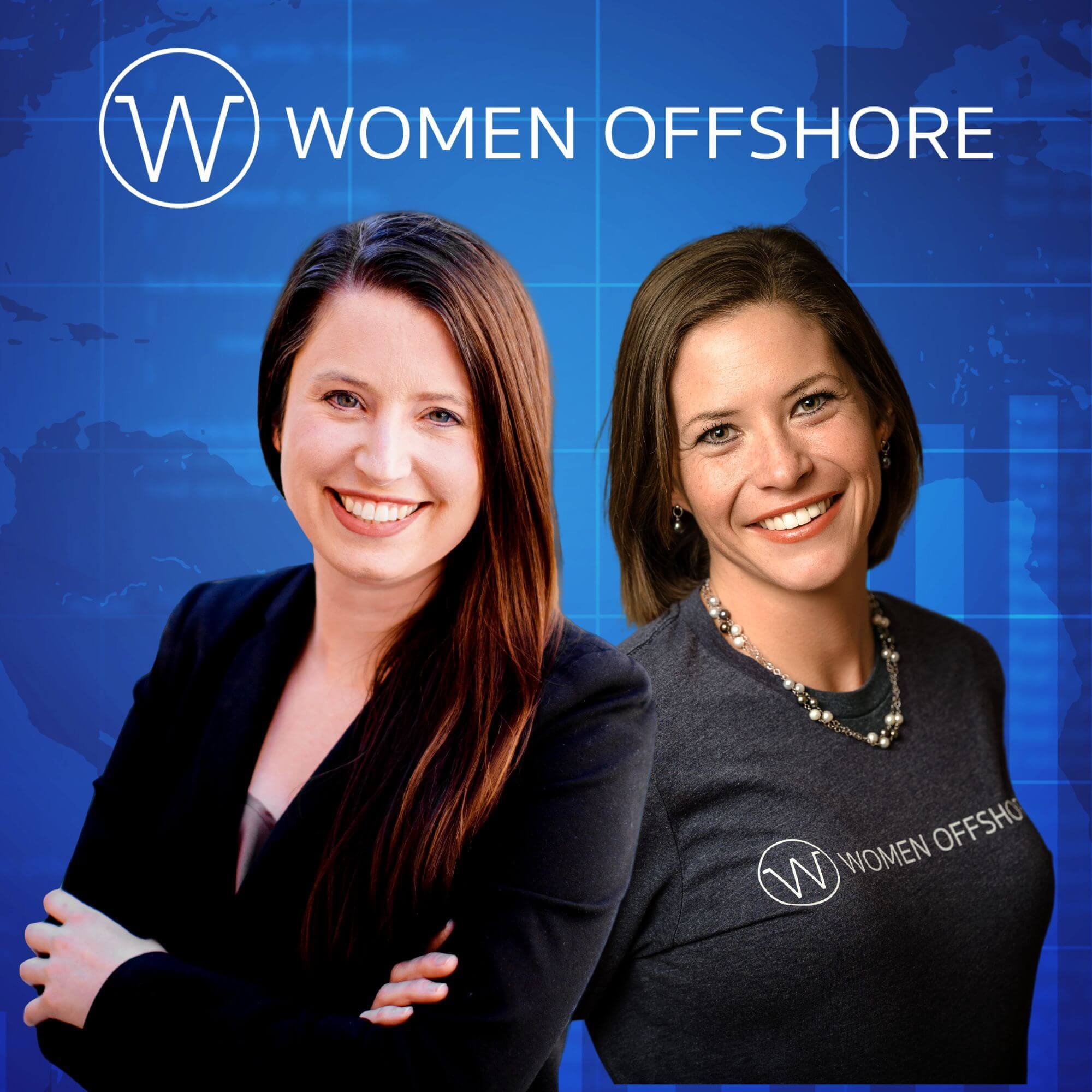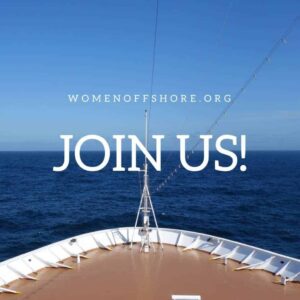This article was published in BP’s July 2016 issue of Horizon Magazine.
I’ve been with BP since 2002. Since then, I’ve held field-based roles in Colorado, New Mexico, the Gulf of Mexico and Angola, and spent extensive time in the field in West Texas, Republic of Georgia and Alaska. I’ve learned a lot, and I’m still learning every day. When asked what challenges I’ve faced, I have several observations to offer.
We can safely say that women are not yet a common presence throughout much of our industry. Even in 2016, there will be people at field locations in our organization who have yet to work directly with a woman, never mind report to a female leader. Partially because of this, women sometimes have to do more to prove themselves in a new role. It can take longer to build trust and be accepted by the team as a colleague and a leader. This is particularly true if there is a perception that special consideration was given due to gender. While this may feel frustrating or lonely at first, I’ve found that the adjustment period decreases with each move and a strong network of trusted, like-minded confidants can also provide invaluable support.
With so few women in the field, it can feel as though we are ambassadors for the gender, which adds pressure and may deter women from taking risks and finding their own style. As the presence and diversity of the women within the industry increases, I hope that gender will fade as a defining trait and women will be viewed as individuals based on their own distinctive qualities and skills.
Since the offshore world can initially seem foreign to someone raised and socialized with female norms, we often have to learn how to adapt to the environment, culture, and even etiquette, by looking externally for context and non-verbal cues (just as one would when visiting a foreign country).
Being sensitive and adaptable is crucial to success, yet without a healthy filter there is a risk of incorporating inaccurate feedback affected by people’s unconscious biases. This can leave you rudderless and potentially shake your sense of self. I make an effort to acknowledge feedback and understand perceptions, while looking to a few close, trusted and objective mentors to help determine which inputs are valuable and which are just noise.
I’ve learned to address conflict head-on. An offshore family doesn’t just work together—we live together. There will be interpersonal conflict and the sooner it is confronted and resolved, the better. The communication style offshore tends to be more direct than in the office or at home, and it can take some getting used to. Learning to switch it off when you come ashore may be even trickier!
The ‘24/7’ environment offshore is often high-paced and high-energy. Within this exciting atmosphere, it becomes increasingly crucial for leaders to take time to re-energize so as to best support their teams. Studies show that women often take on ‘office housework’ and emotional labor above and beyond their day jobs. It’s important to try to recognize those instances and consciously share that load with the rest of the team. Everyone will have their own way to re-energize. For me, a quick workout, or 10 to 20 minutes of mindfulness meditation each day is enough to restore energy and balance.
One of the most important things I’ve learned is the value of resilience and self-compassion while overcoming obstacles at sea. There will be mistakes and it’s tempting to internalize failures as a reflection of self-worth, especially when feeling as though there’s a spotlight on you. It may be a cliché, but our mistakes are exactly what help us to build wisdom and agility. Rather than being our own harshest critics when reflecting on past challenges, perhaps we should be our own biggest advocates and put those fruitful experiences to good use.








Recent Comments